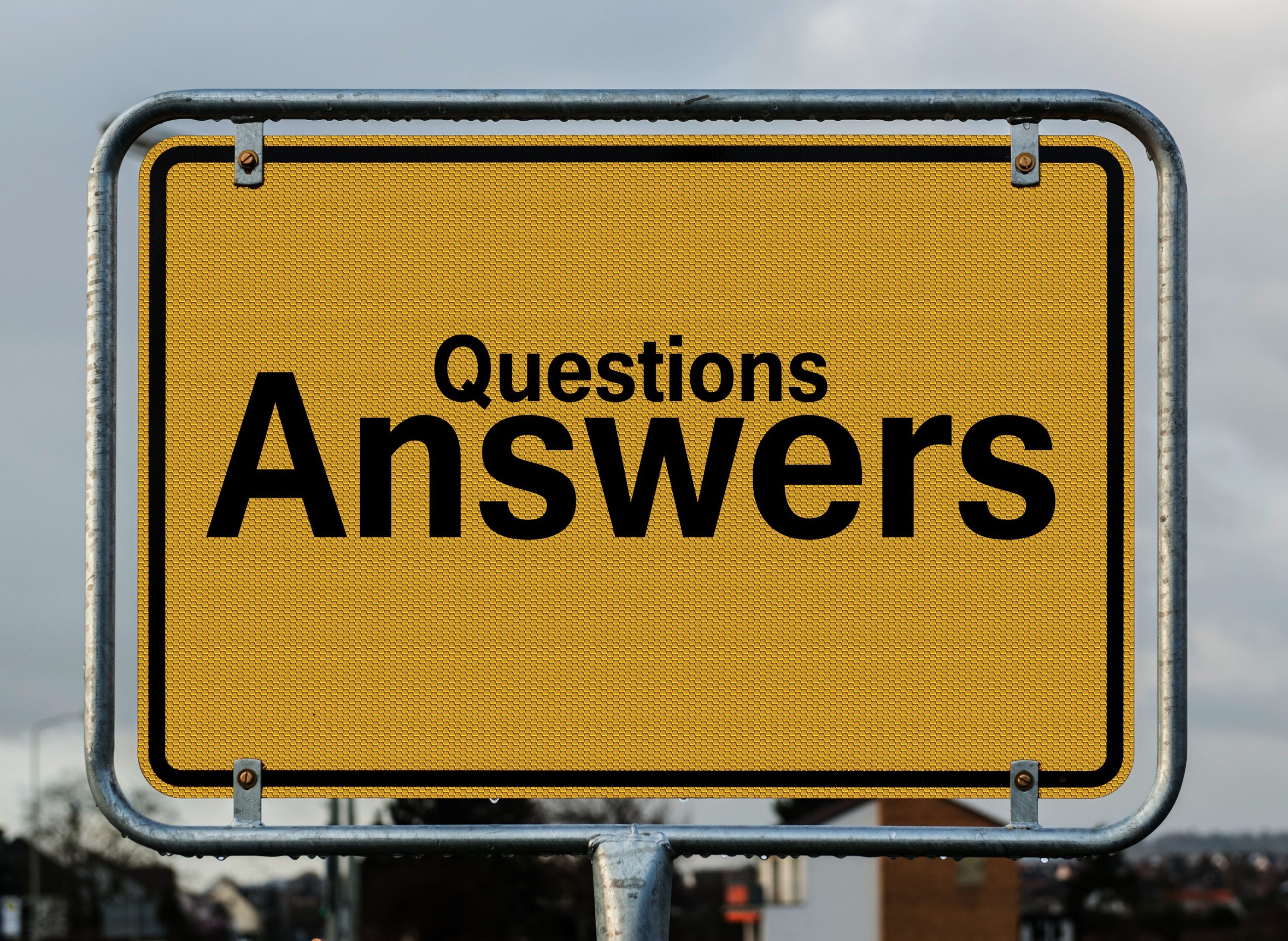
What To Ask A Therapist
It’s nice to know what therapy is going to be like before you call to make an appointment. I, myself, have made that call and in the past, and only asked a few questions because I didn’t feel I should. I felt like I was attacking or judging the therapist, and I didn’t want our work to start on the wrong foot. After becoming a therapist, I realized that one of the best things a prospective client can do is ask me questions about what I do.
Asking what a therapist does is vital to understand what you might encounter in a session, but before becoming a therapist, I wouldn’t know what to ask. Now I know what to ask. The following is a list of questions you can ask to find out more about the therapist you want to see. They are in no specific order, and no one question is more important than another. It’s based on what you would like to know.
1. How long have you been in practice?
2. What is your view of the relationship with the client?
3. What approach do you take with a client?
4. What theoretical approach do you take?
5. Do you bill insurance or is it cash only?
4. What happens if I miss an appointment? What if it’s an emergency?
5. Will my privacy be protected?
6. How will you protect my records and files that are kept?
These questions are general and can help you get to know the therapist a little better. Most of the items are self-explanatory, but number four might need a little explaining. The theoretical approach simply means what theoretical approach the therapist practices. For instance, if you are looking for a therapist whos foundation is in Cognitive Behavioral Therapy, it’s important to ask the therapist if they are skilled in this area. If you are looking for a Psychodynamic therapist, you should as if they are well versed and educated in this theory. If you are unsure what approach is best for you, ask the therapist how they practice and have them explain the basics, so you understand how sessions will move along.
The main thing is not to be afraid to ask questions. These are your sessions, and the therapist is there to work with you. You have a right to ask questions and should if you are nervous. If, for some reason, a therapist doesn’t really want to answer you, then maybe you should reconsider working with that therapist and call another.
Therapy is for you and about you, and you should know as much as you can going in. Knowledge is the best way to set your mind at ease and to prepare for your first session. You will hopefully feel more comfortable and more at ease.




Leave a Reply